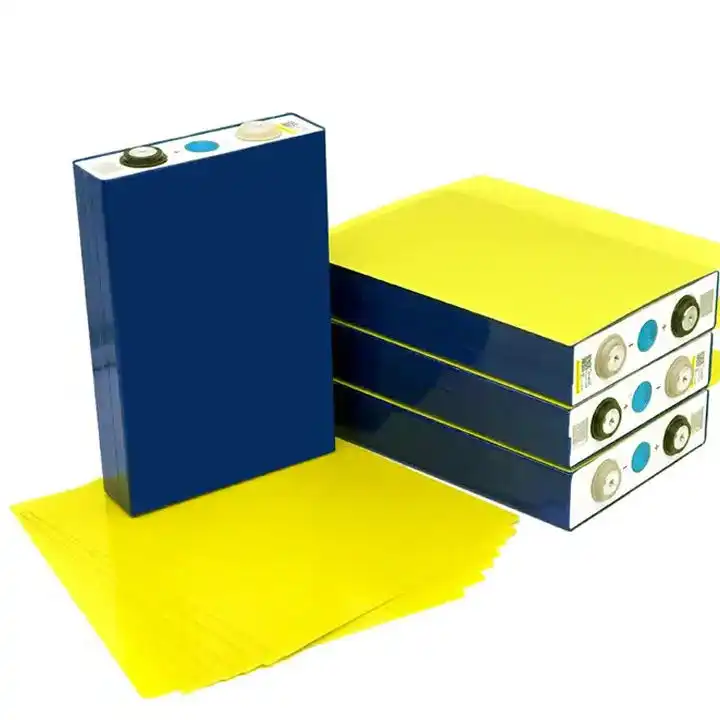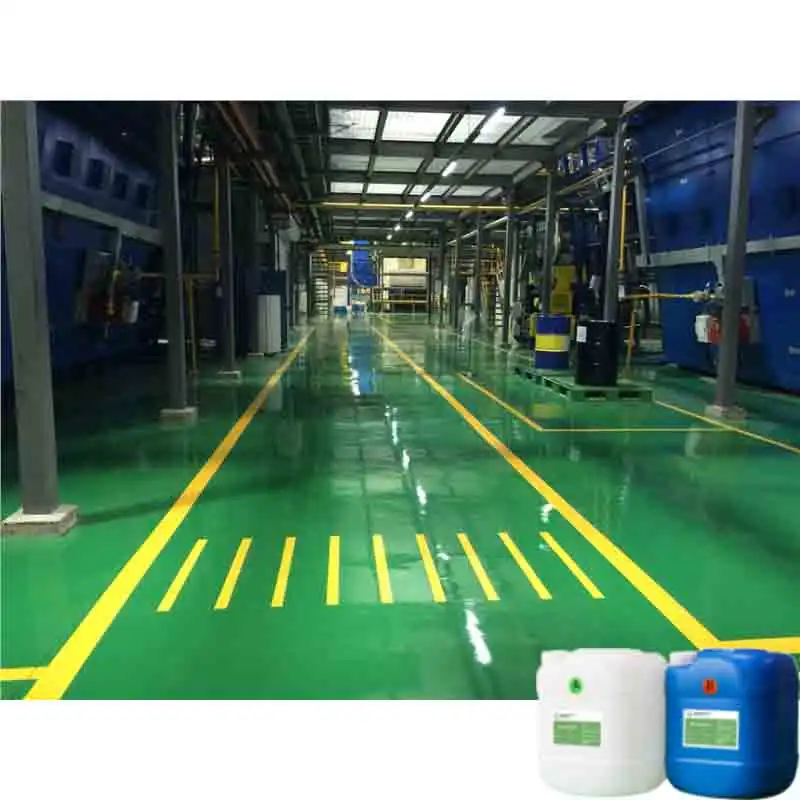Know Everything About 3240 Epoxy Board
2024-11-12 17:28:38
In the realm of electrical insulation and industrial applications, 3240 epoxy board stands out as a versatile and robust material. This comprehensive guide delves into the intricacies of 3240 epoxy board, exploring its properties, applications, and benefits. Whether you're an engineer, manufacturer, or simply curious about advanced materials, this article will provide you with valuable insights into this exceptional insulating sheet.
Understanding 3240 Epoxy Board Composition
Chemical Makeup of 3240 Epoxy Board
3240 epoxy board is a composite material primarily consisting of epoxy resin and glass fiber reinforcement. The epoxy resin serves as the matrix, while the glass fibers provide strength and stability. This synergistic combination results in a material with superior electrical insulation properties and mechanical durability.
Manufacturing Process of 3240 Epoxy Board
The production of 3240 epoxy board involves a meticulous process known as lamination. Layers of glass fabric are impregnated with epoxy resin and then stacked to achieve the desired thickness. The layered structure is then subjected to heat and pressure in a controlled environment, allowing the resin to cure and bond the layers together. This process ensures uniformity and consistency in the final product.
Grade Variations of 3240 Epoxy Board
3240 epoxy board is available in various grades, each tailored to specific applications. These grades may differ in their glass content, resin formulation, or surface finish. Common variations include flame-retardant grades for enhanced fire safety and high-temperature grades for extreme operating conditions. Understanding these variations is crucial for selecting the most appropriate 3240 epoxy board for your specific needs.
Properties and Characteristics of 3240 Epoxy Board
Electrical Insulation Properties
One of the primary attributes of 3240 epoxy board is its exceptional electrical insulation. It boasts high dielectric strength, low dielectric constant, and excellent arc resistance. These properties make it an ideal choice for applications where electrical isolation is paramount, such as switchgear, transformers, and high-voltage equipment.
Mechanical Strength and Durability
3240 epoxy board exhibits remarkable mechanical properties, including high flexural strength, compressive strength, and impact resistance. Its dimensional stability across a wide temperature range ensures reliable performance in diverse environments. The material's resistance to creep and fatigue further enhances its longevity in demanding applications.
Thermal Properties and Heat Resistance
With a high glass transition temperature and low thermal expansion coefficient, 3240 epoxy board maintains its structural integrity under elevated temperatures. Its thermal conductivity is relatively low, making it an effective thermal insulator. These characteristics make it suitable for applications where heat management is critical, such as in motor insulation and power electronics.
Applications and Uses of 3240 Epoxy Board
Electrical and Electronics Industry Applications
In the electrical sector, 3240 epoxy board finds extensive use in the manufacture of circuit breakers, bushings, and insulating components for transformers. Its reliability in high-voltage environments makes it indispensable in power distribution systems. The electronics industry leverages its properties for printed circuit board substrates and insulating spacers in various devices.
Aerospace and Automotive Sector Utilization
The aerospace industry values 3240 epoxy board for its lightweight yet robust nature. It's utilized in aircraft interiors, structural components, and radomes. In the automotive sector, this versatile material contributes to the production of lighter, more fuel-efficient vehicles. It's found in electric vehicle battery insulation, motor components, and structural reinforcements.
Industrial and Marine Applications
3240 epoxy board's resistance to chemical corrosion and moisture absorption makes it ideal for industrial and marine environments. It's used in the fabrication of chemical processing equipment, offshore oil rig components, and marine vessel insulation. The material's durability ensures long-term performance in these challenging conditions, reducing maintenance costs and downtime.

Advantages of Using 3240 Epoxy Board
Cost-Effectiveness and Long-Term Value
While the initial cost of 3240 epoxy board may be higher than some alternatives, its longevity and performance characteristics offer significant long-term value. The material's durability reduces the need for frequent replacements, translating to lower maintenance costs over time. Additionally, its versatility allows for streamlined inventory management, as a single grade can often serve multiple applications.
Environmental Impact and Sustainability
3240 epoxy board aligns with modern sustainability goals. Its long service life reduces waste and the need for frequent replacements. Some grades are formulated with environmentally friendly additives, minimizing their ecological footprint. The material's light weight contributes to fuel efficiency in transportation applications, indirectly reducing carbon emissions. As the industry evolves, manufacturers are exploring bio-based epoxy resins to further enhance the material's sustainability profile.
Customization and Fabrication Possibilities
One of the most significant advantages of 3240 epoxy board is its adaptability to various manufacturing processes. It can be easily machined, drilled, and cut to precise specifications without compromising its structural integrity. This flexibility allows for the creation of complex shapes and components, opening up a wide range of design possibilities. Custom formulations can also be developed to meet specific performance requirements, making 3240 epoxy board a versatile solution for unique engineering challenges.
Conclusion
3240 epoxy board emerges as a powerhouse material in the realm of insulation and structural components. Its unique combination of electrical insulation, mechanical strength, and thermal properties make it an invaluable asset across various industries. From electrical systems to aerospace applications, this versatile material continues to drive innovation and efficiency. As technology advances, 3240 epoxy board is poised to play an even more significant role in shaping the future of engineering and manufacturing.
Contact Us
For more information about 3240 epoxy board and how it can benefit your specific application, don't hesitate to reach out to our team of experts. Contact us at info@jhd-material.com to explore how our 20+ years of experience in insulating sheet production can support your projects.
References
1. Johnson, A. R. (2022). Advanced Composites in Electrical Engineering: A Comprehensive Guide.
2. Smith, L. K., & Brown, T. H. (2021). Epoxy Resins: Properties, Applications, and Market Trends.
3. Zhang, X., et al. (2023). Innovations in High-Performance Insulating Materials for Power Systems.
4. Miller, E. S. (2020). Sustainability in Composite Materials: Challenges and Opportunities.
5. Thompson, R. J. (2022). Aerospace Materials: From Concept to Application.
6. Lee, C. W., & Park, S. Y. (2021). Electrical Insulation Technologies for Next-Generation Power Electronics.







